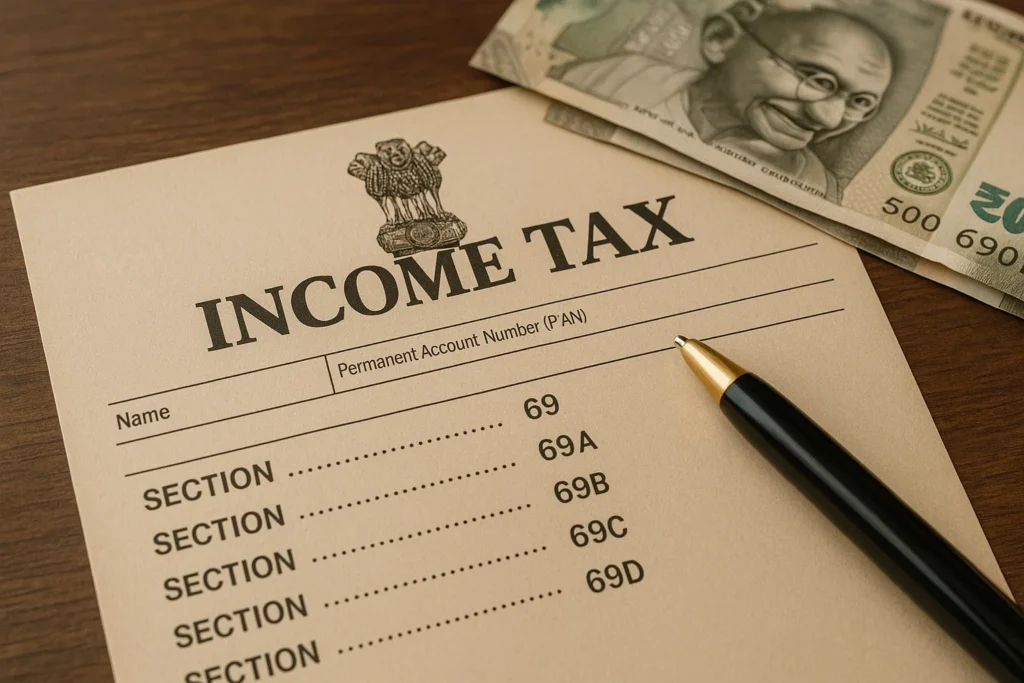The Income Tax Department’s decision to extend the audit filing deadline for 2025 reflects systemic friction in compliance execution. Tax professionals cite late release of utilities, evolving disclosure requirements, and overloaded digital infrastructure as the primary drivers for delay. Businesses, particularly SMEs, often wait for last-minute clarifications, compounding pressure. These realities create the recurring demand for deadline extensions.
However, continuous reliance on extensions corrodes financial discipline. Timelines exist to enforce predictability in compliance cycles. When deadlines become negotiable, businesses and professionals push work to the margins, creating a cycle of chronic delay. The consequence is congestion at the end of every compliance window, inaccurate filings under pressure, and weakened credibility of statutory enforcement.
A disciplined approach demands curbing extensions. Systems must be aligned for readiness: timely release of forms and utilities by the authorities, automated reconciliations, and proactive data collation by businesses. Audit procedures should shift to a continuous compliance model rather than compressed year-end activity. This ensures financial reporting stays accurate in real time and eliminates dependency on arbitrary reliefs.

Deadline extensions address immediate bottlenecks but perpetuate structural inefficiency. True compliance maturity requires strict adherence to statutory calendars. Only then can organizations operate with predictability, regulators enforce with consistency, and the economy benefit from timely, transparent financial reporting.
The Income Tax Audit deadline for Assessment Year 2025–26 was initially fixed at 30 September 2025 under Section 44AB of the Income Tax Act, 1961. What followed was yet another cycle of petitions, court hearings, and last-minute extensions. The Rajasthan High Court, through a bench of Justice (Dr.) Pushpendra Singh Bhati and Justice Bipin Gupta, directed the Central Board of Direct Taxes (CBDT) to push the audit report deadline to 31 October 2025. The Karnataka High Court, on a petition filed by the Karnataka State Chartered Accountants Association, issued a similar order. Soon after, the Gujarat High Court, acting on representations from professional bodies such as the All India Federation of Tax Practitioners and the Chartered Accountants Association, Surat, extended the return filing deadline for audit cases to 30 November 2025. The CBDT eventually issued notifications formalising these extensions.
The justification was not new: late release of audit utilities, frequent amendments to reporting formats, and the persistent instability of the e-filing portal. As of late September, only a fraction of the forty lakh expected reports had been uploaded, making the statutory date unattainable. Courts relied on constitutional principles of fairness under Articles 14 and 19(1)(g) to grant relief, citing the impracticality of forcing compliance within the original timeframe.
Yet, these repeated interventions highlight a deeper structural failure. Extensions have become an annual ritual, undermining the very purpose of statutory deadlines. Compliance calendars exist to create predictability, but when deadlines lose their sanctity, businesses and professionals alike cultivate a culture of delay. Those who prepare in time are penalised indirectly, while those who rely on judicial or administrative relief gain breathing space.
The consequences extend beyond mere inconvenience. Congestion at extended deadlines strains the portal infrastructure, compromises the quality of audits under time pressure, and delays downstream processes such as assessments and revenue collection. A tax ecosystem that runs perpetually on borrowed time cannot aspire to efficiency or credibility.
The discipline that business leaders expect in their own organisations—systems that run without disruption—must also be demanded in statutory compliance. Authorities must release audit utilities at the beginning of the year, portals must be robustly stress-tested, and taxpayers must instil year-round discipline rather than scramble in September. Courts should step in only in extraordinary cases of systemic failure, not as annual timekeepers resetting the clock.
The Income Tax Audit 2025 extension may have been necessary, but it cannot become the norm. For true compliance maturity, the calendar must be treated as final. Predictability, not perpetual relief, is the foundation of financial governance.




